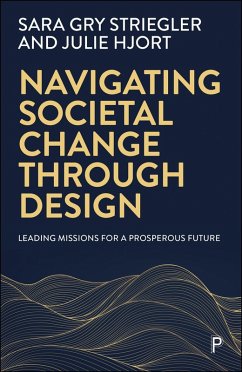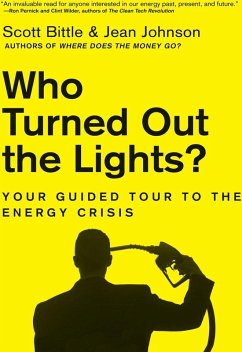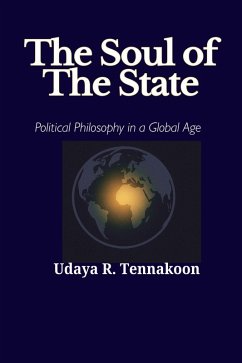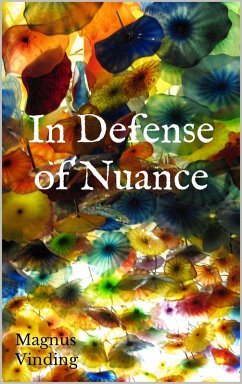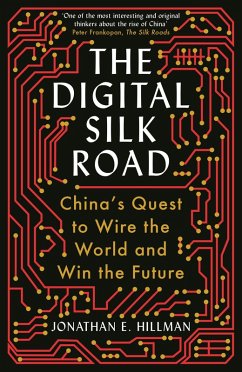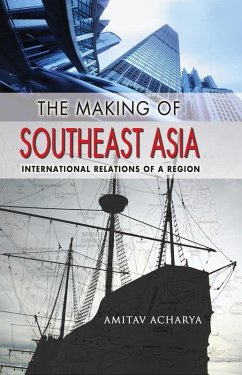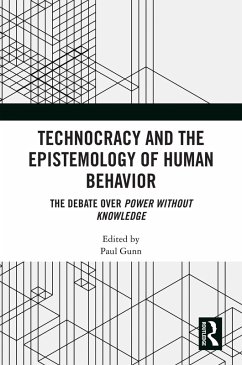
The Unacceptable Gift - Fourteen Insights Into Societal Transformation (eBook, ePUB)

PAYBACK Punkte
0 °P sammeln!
Almost every day we hear rumours and scuttlebutt concerned with the extinction of humanity. Anxiety and fear from various factors fuels this sense of foreboding. The potential for a nuclear accident, climate chaos, pandemics like the one in which we are currently immersed, creeping authoritarianism, conflict, economic disparities, technological disruption, the loss of people power, and geopolitical jostling for global hegemony are just a few of the circumstances concerning us. Unsurprisingly Hollywood and Netflix pick up these themes, shaping a narrative that holds many of us spellbound, traum...
Almost every day we hear rumours and scuttlebutt concerned with the extinction of humanity. Anxiety and fear from various factors fuels this sense of foreboding. The potential for a nuclear accident, climate chaos, pandemics like the one in which we are currently immersed, creeping authoritarianism, conflict, economic disparities, technological disruption, the loss of people power, and geopolitical jostling for global hegemony are just a few of the circumstances concerning us. Unsurprisingly Hollywood and Netflix pick up these themes, shaping a narrative that holds many of us spellbound, traumatized, or both. After watching documentaries like Seaspiracy and David Attenborough's A Life on this Planet it seems as though we are inviting extinction with open arms. Most people tend to dismiss such claims as implausible. Just look at the world we have crafted through generations of ingenuity and determination, they assert. It is unthinkable that major coastal cities could be under water by the end of this century. It is equally unthinkable that we might empty the oceans by commercial fishing by 2048, destroy most top soils from industrial agriculture by 2060, or accidentally trigger a nuclear war that would destroy all life on the planet. Be that as it may, humans share a deep cognitive inability to face up to existential crises of this nature. We willingly ignore the facts, clinging to the hope that scientists are wrong or their models inaccurate. We convince ourselves that corporations are not selfish and governments would take instant action to protect us if any of these issues could put humanity in clear and present danger. And if, by any stretch of the imagination, any of them did turn out to be true, then we would just invent a new technology to solve the problem. Case dismissed. But what if we are not up to that task? What if it all happens so quickly that we are caught napping? Surely it would be best to exercise the precautionary principle used in medicine and to address any doubts we might have by changing what we do and how we do it - especially if it also generates a safer, cleaner, healthier and more sustainable society? Some will insist we are already taking sufficient action in any number of ways. They will point to the pledges by various nations to reduce greenhouse gas emissions to net zero by 2050. They will argue, as in the past, that possessing stockpiles of nuclear weapons on active standby is a deterrent against their use. They will see gene editing, and gain-of-function trials on viruses as legitimate ways to cure disease. They will argue that industrial fishing and agriculture is the only way to feed a population of more than 8 billion people. They will bow to the billionaires as they plan their escape routes. And if they want to live longer lives they might even see the dream of digital immortality by 2048 as a bonus. But all of these events without exception, including the most virtuous and well-intentioned, alongside most entrepreneurial initiatives that simply add to a stockpile of stuff we do not need, skirt around the main dilemmas that trap us in prisons of our own invention. The Unacceptable Gift examines how we might yet escape the prisons of our own invention in which we are trapped. How we can avoid making further mistakes. And what we know does not work.
Dieser Download kann aus rechtlichen Gründen nur mit Rechnungsadresse in A, B, CY, CZ, D, DK, EW, E, FIN, F, GR, H, IRL, I, LT, L, LR, M, NL, PL, P, R, S, SLO, SK ausgeliefert werden.




